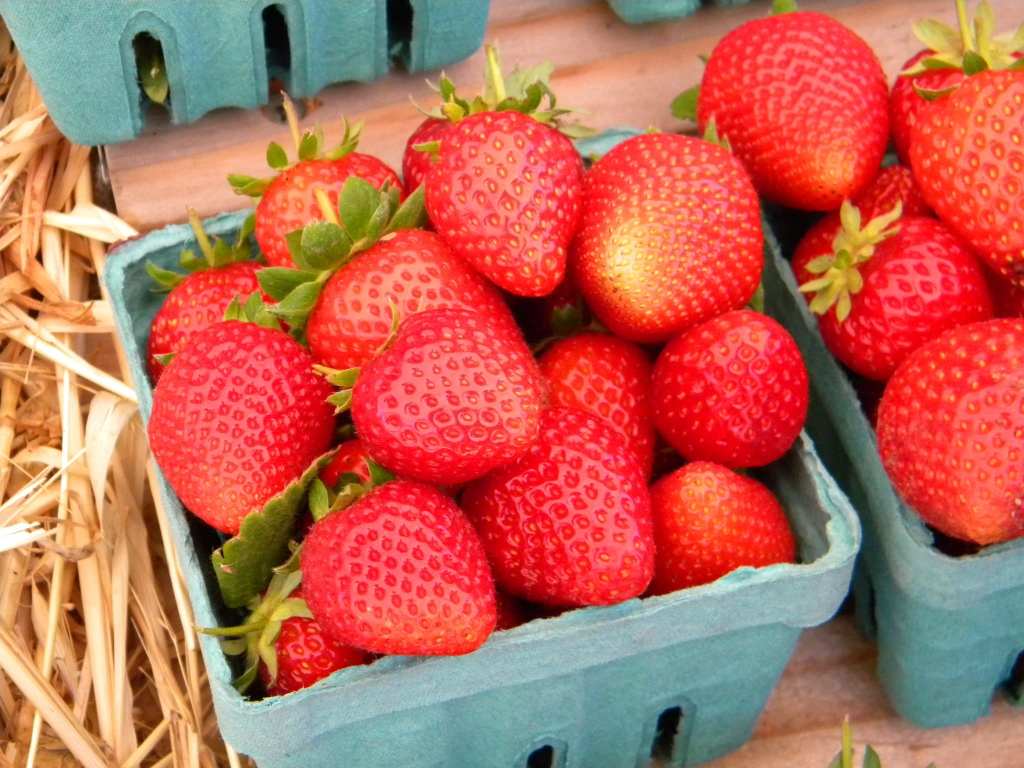Trending Now
I’m a walking food allergy. I had more when I was small (horrifying things like eggs, wheat, and milk), but luckily I managed to outgrow some of the more ubiquitous allergens giving me trouble. I held on to more than my fair share, though – peanuts, celery, soy, and peas, to name a few.
What I didn’t know is that in the same way children often outgrow allergies, adults can blunder right into them. I also didn’t know that I’m not the only person out there who gets a weird, tingly, kind of itchy feeling in my mouth after eating certain fruits and vegetables.
I had never heard of Oral Allergy Syndrome until someone posed an NPR article about it on Facebook, but it feels pretty good to know that I’m not alone!
Not all fruits and veggies can cause this sort of reaction (find a list here), and the truth is you’re not allergic to the food itself – you’re allergic to the plant pollens, as allergist Dr. Carah Santos explains:
We call it cross-reactivity. Your immune system sees something as looking very similar to something it already reacts to.
Denver resident Jessica Slattery discovered that she had OAS when eating bananas started to result in an itchy, tingly mouth and throat…and occasionally swollen lips, as well. Over time, the reaction extended to other fruits like kiwi and avocados, but she noticed that it happened more often in the spring and fall.

Photo Credit: Giphy
The culprit was her pollen allergy, not a new fruit allergy.
Jessica isn’t alone, either. This 2015 study concluded that even though data on OAS is currently scarce, “there is no doubt that the increase in pollen allergies is going to be followed by an increase in the so-called pollen-related food allergies.”
The good news is that there are ways to reduce your chance of experiencing a cross-reaction to the pollen that may dust your fruits and veggies. The first line of defense, of course, is to wash all of your produce thoroughly before eating it, even peeling the skin when possible.
But if you’re looking for even more ways to circumvent the tingly-itching mouth experience, National Jewish Health has some other tips and tricks:
- Avoid raw foods that cross-react with your pollen allergies
- Take oral antihistamine medications to relieve mild symptoms
- Bake or cook foods to degrade the protein and eliminate the cross-reaction
- Eat canned fruits or vegetables during your pollen season
- Peel the food, as the protein is often concentrated in the skin
OAS is something to keep in mind if you’re having the symptoms of an allergic reaction but nothing is coming up in your allergy testing for the foods that seem to bother you. The answer might not have to be giving up your favorite fresh foods – just washing or modifying them instead.

Photo Credit: Giphy
We know you can choose a lot of sites to read, but we want you to know that we’re thankful you chose Did You Know.
You rock! Thanks for reading!






